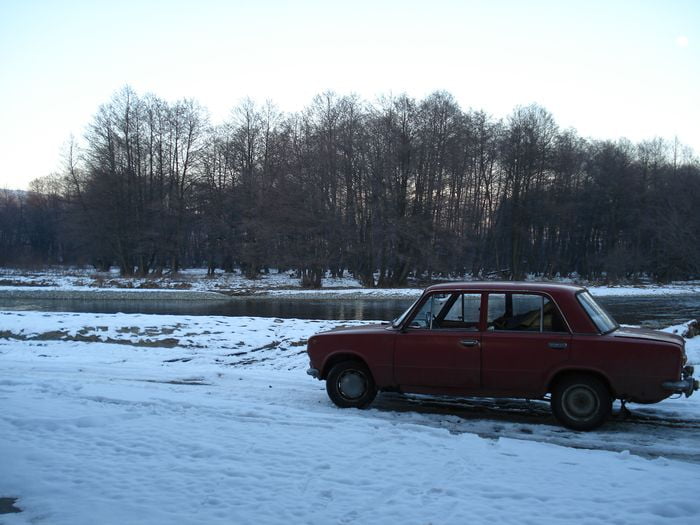Bulgarian is the only language in the Slavonic group, which forms the comparative and superlative degrees of adjectives, of some nouns and verbs with the particles “po” [more] and “nai” [most].
Bulgarian is the only language in the Slavonic group, which has the so-called dual personal pronoun.
Bulgarian is the only language in the Slavonic group, which lacks the nonfinite mood (infinitive).
The importance of the Bulgarian Cyrillic alphabet is marked not only by its place in the spiritual space of medieval Europe, together with the Greek and Latin scripts, but also by its introduction into the system of the European Union (with Bulgaria`s imminent accession).
The Bulgarians again, as in the middle Ages, and now with view to the forthcoming membership of Bulgaria in the European Union, had the honor of including the Cyrillic ABC an equivaluable script system in the spiritual space of Europe.
Definition of the Volga Bulgarians
The problem of the linguistic identification of the population of Volga Bulgaria is difficult. The definition of the Volga Bulgarians as a Turkic linguistic ethnos goes against the cultural diversity in the state on the Volga. It is supported by the research methods of transferring spiritual characteristics of Volga Bulgaria of the period of the Golden Horde hock to the epoch of its independent existence. This is the reason dial the Tiskic language of the invaders is attributed also to die pre Mongol population of the stale.
The Arab traveler and geographer Amstarhi states that the language of the Bulgarians is similar to that of the Bazars, But die so called “`Persian Anonymous, a composition from the end of die 10 century, asserts that the language of the inhabitants of Volga.
Bulgaria was “special” These statements coo film the linguistic diversity, a consequence of the poly comic structure of die stale If die Turkic tongue had been dominant, the Arab authors would not have omitted it because they certainly knew it. The proof thereof is m the work “Golden Meadows” by the Arab traveler Al Masudi (10 century) where die author distinguishes Burtases and Bulgaram, calling the Burtases a Turkic nation.
The active trade in Volga Bulgaria and the state correspondence supposes and requires a uniform writing system. The uniform script prepares the ground for a uniform language and a unified literature. Bulgarian culture on the Volga of the pre Mongolian period (until the middle of the 13 century) can be defined as a written culture.
Read More about War with the Scyths part 17








